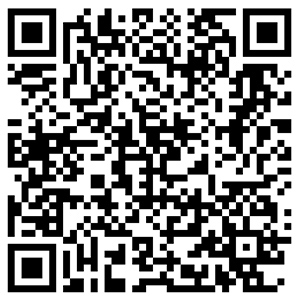Ⅳ.Reading Comprehension(60 points)
Directions:There are five reading passages in this part.Each passage is followed by four questions.For each question there are four suggested answers marked A,B,C and I Choose the best answer and blacken the corresponding letter on the Answer Sheet.
Passage Four
Ideas about polite behaviour differ from one culture to another.Some societies, such as America and Australia,for example, are mobile and very open. People here change jobs and move house quite often. As a m result, they have a lot of relationships that often last only ma short time, and they need to get to know people quickly. So it#39;s normal to have friendly conversations with people that they have just met, and you can talk about things that other cultures would regard as
personal.
On the other hand, there are more crowded and less mobile societies where long-term relationships are more important. A Malaysian or Mexican business person, for example,will want to get to know you very well before he or she feels happy to start business. But when you do get to know each other, the relationship becomes much deeper than it would in a mobile society.
To Americans, both Europeans and Asians seem cool and formal at first. On the other hand, as a passenger from a less mobile society puts it, it#39;s no fun spending several hours next to a stranger who wants to tell you all about his or her life and asks you all sorts of questions that you don#39;t want to answer.
Cross-cultural differences aren#39;t just a problem for travelers, but also for people in daily life. Some societies have #39; universalist#39;#39; cultures. These societies strongly respect rules, and they treat every person and situation in basically the same way. #39;Particularist#39; ( 强调特性的)societies also have rules, but they are less important than the society#39;s unwritten ideas about what is right or wrong for a particular situation or a particular person. So the normal rules are changed to fit the needs of the situation or the importance of the person.
48. What can be learned from Paragraph 1?
A. People from a mobile society dislike talking about personal affairs.
B. Short-term relationships are common in a mobile society.
C. Americans tend to make more friends than people from other cultures.
D. It is difficult for Americans and Australians to communicate with strangers.
答案:B
49. Who do Malaysians prefer to start business with according to the passage?
A. Those who talk a lot about themselves.
B. Those who they know well enough.
C. Those who enjoy talking with strangers.
D. Those who want to do business with them.
答案:B
50. Which of the following is true about the rules in #39;particularist#39; societies?
A. They change to fit different situations.
B. People respect and obey them completely.
C. They don#39;t exist.
D. No one obeys them.
答案:A
51. What is the main idea of this passage?
A. Polite behaviour varies with different cultures.
B. Less mobile societies have fewer rules.
C. People from mobile societies are more polite.
D. Cultural differences are important.
答案:A
声明:
(一)由于考试政策等各方面情况的不断调整与变化,本网站所提供的考试信息仅供参考,请以权威部门公布的正式信息为准。
(二)本网站在文章内容来源出处标注为其他平台的稿件均为转载稿,免费转载出于非商业性学习目的,版权归原作者所有。如您对内容、版权等问题存在异议请与本站联系,我们会及时进行处理解决。
关注公众号
回复“免费资料”领取复习资料

微信公众号

微信交流群
<<点击收起

13950208961
